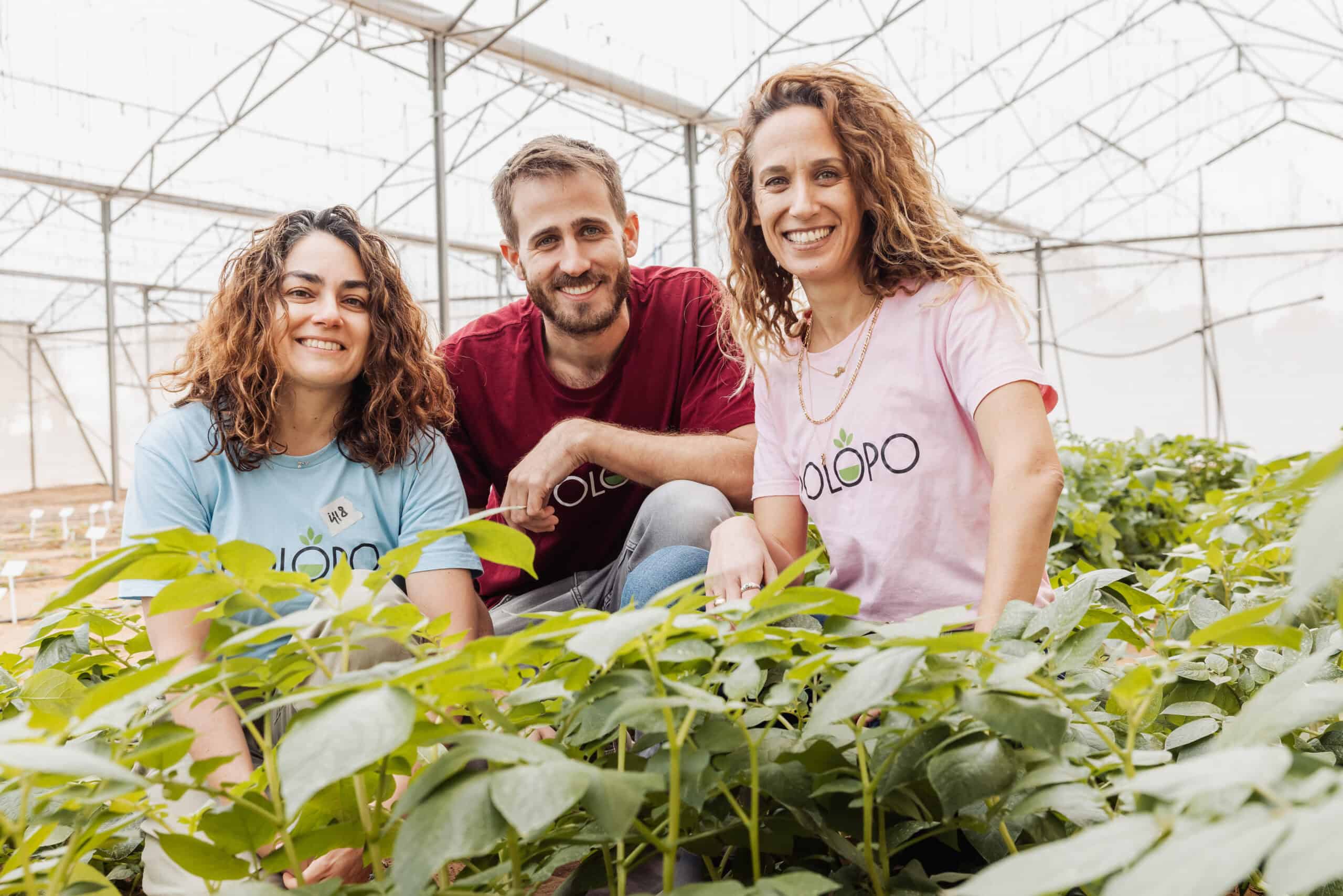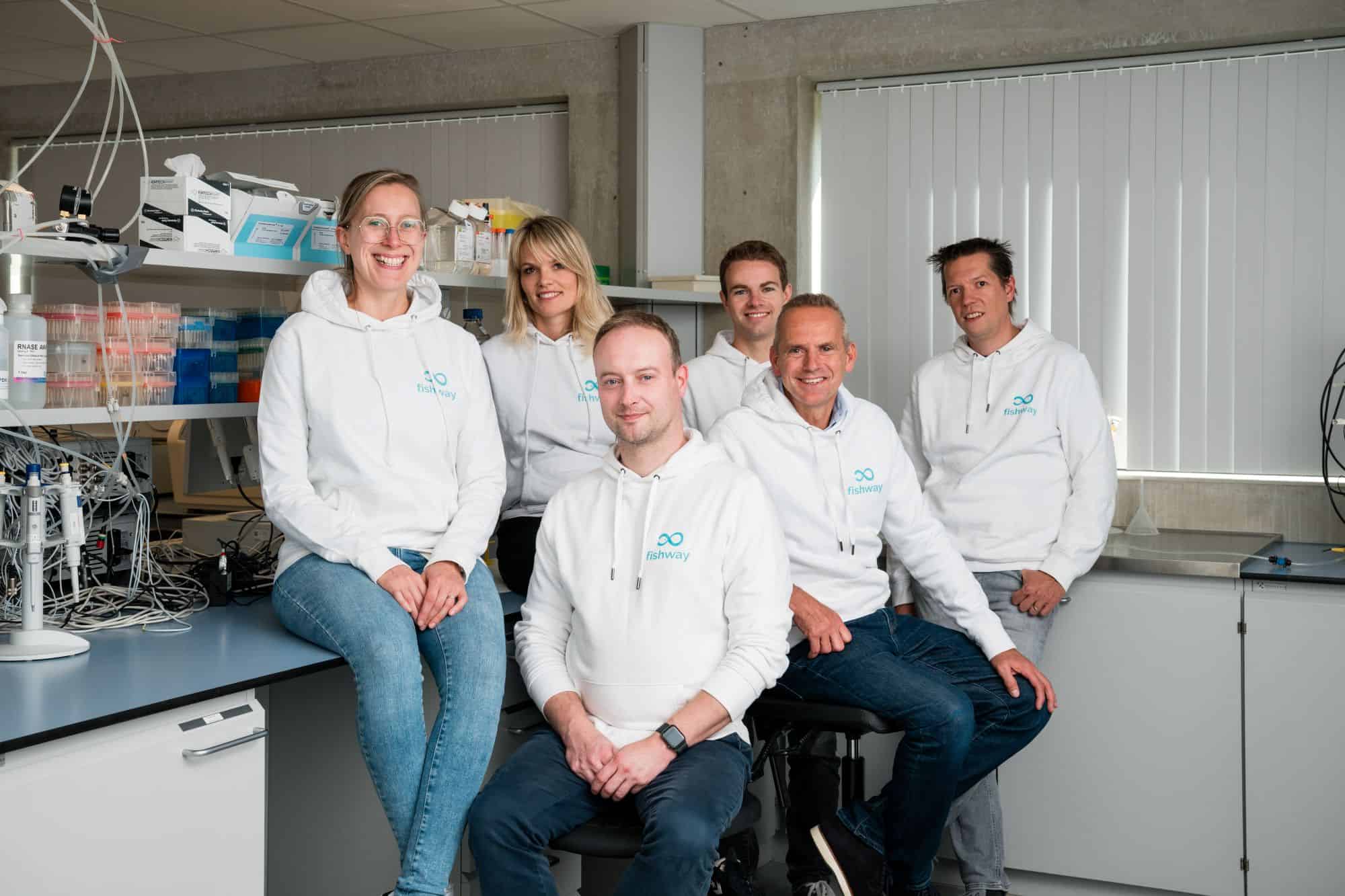PoLoPo, a company specializing in molecular farming, has announced two key developments: a successful field trial producing five tons of protein-rich potatoes and the expansion of its lab capabilities to meet growing demand for protein samples.
The company’s trial, which exceeded initial expectations by yielding approximately five tons of potatoes—two tons more than anticipated—marks a significant milestone in its efforts to scale production of functional proteins. These potatoes are engineered to contain both ovalbumin and patatin, a protein native to the plant. Despite being genetically engineered, the protein powder derived from these potatoes contains no genetic material and is classified as non-GMO.
“Our first cultivation achieves something no other molecular farming company has done before”
In addition to the field trial success, PoLoPo has upgraded its laboratory facilities, enabling it to supply hundreds of grams of protein powders each month to food industry partners. This expanded capacity is designed to meet the needs of the company’s growing network of partners, including CSM Ingredients, a global leader in food ingredient innovation. PoLoPo’s proteins are being explored for use in baking applications, with the two companies collaborating on product development.
“Our first cultivation achieves something no other molecular farming company has done before, and makes PoLoPo the first to grow and scale such a crop successfully,” said PoLoPo CEO Maya Sapir-Mir.

Plans for year-round crop cultivation
As part of the company’s efforts to ensure a year-round supply, PoLoPo plans to replant its crops throughout the spring, initiating a second growth cycle. The company will also continue testing the viability of its crops across different growing conditions and seasons.
PoLoPo’s proprietary metabolic engineering technology transforms potato plants into biofactories capable of producing proteins. These proteins are stored in the tubers, harvested, and then processed into powder form for use in food production. The company’s shift from greenhouse cultivation to large-scale field trials was driven by demand for its affordable protein products and is expected to significantly increase production capacity moving forward.
Sapir-Mir continued, “With our increased lab capacity, we can fulfill more requests from potential partners, supply larger quantities of samples, and we’re better able to assist them as they start working with our ingredients.”




